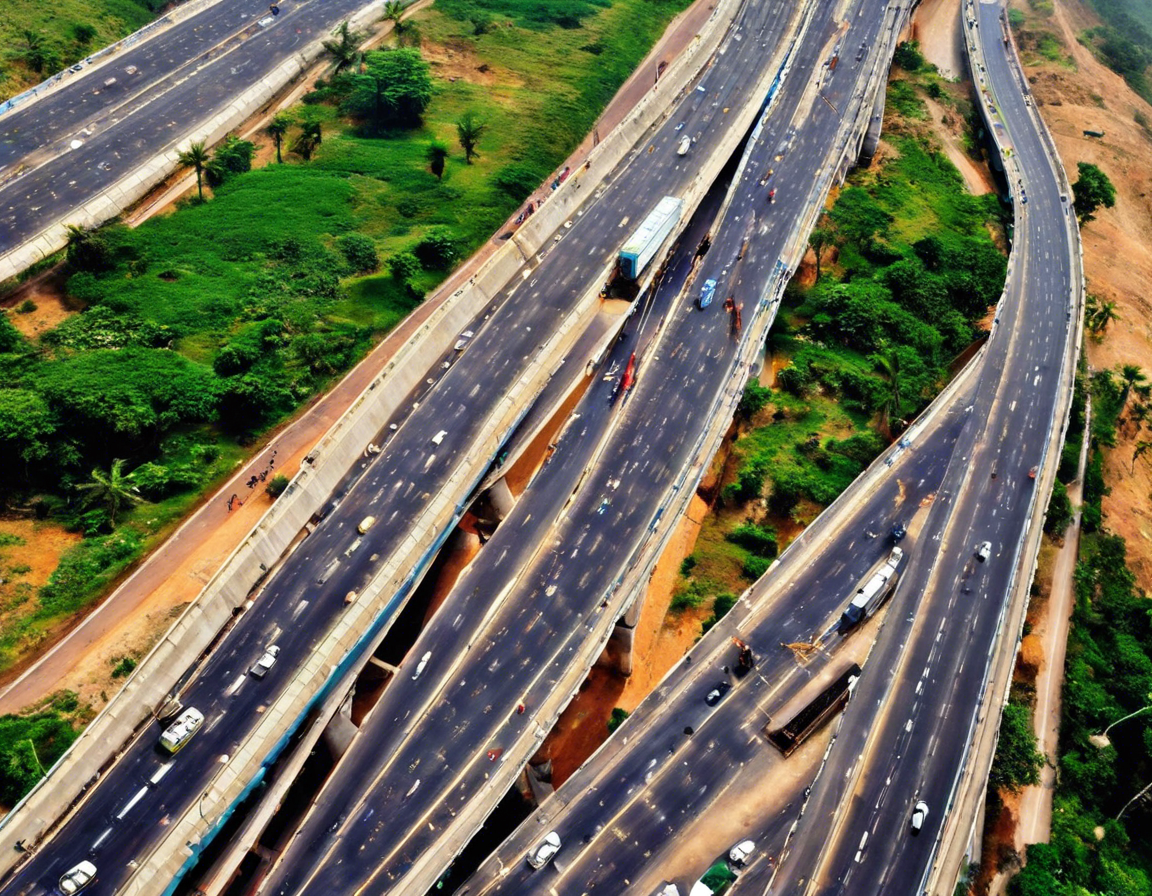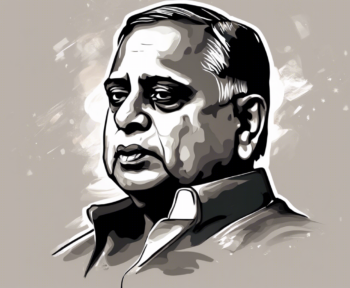India, with its vast and diverse landscape, is home to an extensive network of expressways that serve as lifelines for transport and connectivity. Expressways in India are high-speed, controlled-access highways that are designed for swift and efficient travel between major cities and regions. These highways play a crucial role in easing traffic congestion, reducing travel time, and enhancing connectivity across the country. Navigating India’s expansive expressway network can be a smooth and hassle-free experience if you are well-prepared and informed. In this comprehensive guide, we will delve into everything you need to know about traveling on expressways in India.
Understanding India’s Expressway Network
India boasts an impressive network of expressways, with each expressway having its unique characteristics and routes. From the iconic Mumbai-Pune Expressway to the high-tech Yamuna Expressway in Uttar Pradesh, these roads offer travelers a seamless and comfortable journey. Some of the prominent expressways in India include:
Mumbai-Pune Expressway
- Location: Maharashtra
- Length: 93.7 km
- Key Attractions: Lonavala, Khandala
Yamuna Expressway
- Location: Uttar Pradesh
- Length: 165 km
- Key Attractions: Agra, Mathura
Delhi-Gurgaon Expressway
- Location: Delhi-NCR
- Length: 27.7 km
- Key Attractions: Cyber Hub, Ambience Mall
Ahmedabad-Vadodara Expressway
- Location: Gujarat
- Length: 93 km
- Key Attractions: Statue of Unity, Champaner-Pavagadh Archaeological Park
Tips for Traveling on India’s Expressways
Traveling on expressways in India can be a delightful experience if you keep a few essential tips in mind:
-
Maintain Speed Limits: Expressways have specified speed limits for vehicles, and it is crucial to adhere to them for your safety and the safety of others.
-
Use Fastag for Toll Payments: Fastag is an electronic toll collection system that enables swift and cashless payments at toll booths. Ensure your vehicle is equipped with Fastag for seamless toll transactions.
-
Drive Defensively: Practice defensive driving techniques such as maintaining a safe distance from other vehicles, using turn signals, and obeying traffic rules to ensure a smooth journey.
-
Stay Alert: Long stretches of highways can sometimes lead to driver fatigue. Take regular breaks, stay hydrated, and remain alert while driving on expressways.
-
Emergency Assistance: Familiarize yourself with emergency helpline numbers and locate emergency services on the expressway in case of any unforeseen circumstances.
Safety Measures on Expressways
Safety should always be a top priority when traveling on expressways in India. Follow these safety measures to ensure a secure journey:
-
Check Vehicle Condition: Before embarking on your journey, ensure your vehicle is in optimal condition with proper maintenance and a full tank of fuel.
-
Wear Seat Belts: Seat belts save lives. Ensure that all passengers in the vehicle wear seat belts at all times.
-
Avoid Distracted Driving: Stay focused on the road and avoid distractions like using mobile phones or eating while driving.
-
Follow Lane Discipline: Stick to your lane, use indicators while changing lanes, and avoid sudden lane changes to maintain smooth traffic flow.
-
Emergency Kit: Keep an emergency kit in your vehicle containing essential items like a first aid kit, flashlight, spare tire, and tools for minor repairs.
Frequently Asked Questions (FAQs)
Q1: Are expressways in India toll-based?
A1: Yes, most expressways in India have toll booths where vehicles are required to pay toll charges for road usage.
Q2: Can bicycles or pedestrians access expressways in India?
A2: No, expressways in India are exclusively meant for motor vehicles, and pedestrians, bicycles, and non-motorized vehicles are not allowed.
Q3: How can I obtain a Fastag for toll payments on expressways?
A3: Fastags can be purchased at designated toll plazas, authorized banks, and online platforms. Simply link your Fastag to your bank account for automatic toll deductions.
Q4: Are there speed limits enforced on expressways in India?
A4: Yes, each expressway specifies speed limits that drivers must adhere to for safety and compliance with traffic regulations.
Q5: What should I do in case of a breakdown on an expressway?
A5: In case of a breakdown, move your vehicle to a safe location on the shoulder, turn on hazard lights, and call for roadside assistance or emergency services.
In conclusion, expressways in India offer travelers a convenient and efficient mode of transportation for long-distance journeys. By following the tips mentioned, prioritizing safety measures, and being equipped with essential knowledge, navigating India’s expansive expressway network can be a rewarding experience. Whether you are embarking on a road trip or commuting between cities, expressways are the arteries of India’s transportation infrastructure that ensure smooth and seamless connectivity across the country.



